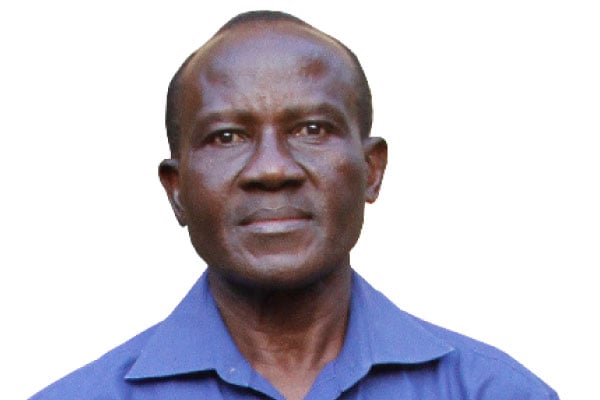Can Museveni shake NRM barbarism from his back?

Author: Alan Tacca. PHOTO/FILE
What you need to know:
- Most Ugandans think his monologue was addressed to the international community.
When fiddling with the truth, or being blatantly hypocritical, it is hard looking other people in the eye. Those who can do it without blinking rapidly are called brazen, or brazen-faced.
I was on radio – not television – last weekend when President Museveni was admonishing his security men. So I cannot report on his face.
Anyhow, President Museveni has often shown his impatience with the finer features of police work and the system of justice. That is why ‘reforming’ the police meant militarising it; making it more menacing and more partisan.
Between January 1986 and August 14, 2021, did the President seriously address the brutal attacks on peaceful demonstrators; on Kizza Besigye, Bobi Wine, Patrick Amuriat; on hundreds of their supporters; on media practitioners, on Parliament, on the courts, and so on?
Who said the ruling NRM is the master of violence? The police and other security agencies have aided the NRM leadership to supervise the party’s descent from its high pedestal to its current barbarism.
But the President now says he wants his security outfits to follow the policing principles of a civilised society, and he has re-stated the “correct” NRM ideological line.
It is fake anger, of course. But ambassadors who have recently arrived, hypocritical Western governments seeking dumping space for refugees, less informed human rights organisations, international financial institutions worried about Uganda; these might refer to Mr Museveni’s address to keep the dollars flowing in to help his dislocated economy, and ignore Opposition calls for the institutions of international justice to look at Uganda’s case.
That is why most Ugandans think his August 14 monologue was addressed to the international community.
For, although he frequently attacks the West, Mr Museveni ultimately fears and respects the West. And, in equal measure, he despises Ugandans and does not think they can remove him from power. Having said that, it is possible Museveni’s self-confidence is sometimes exaggerated. We may underrate his fear of local resistance.
As he spoke on August 14, Mr Museveni probably secretly acknowledged that there were now at least a few unpopular African establishments that had failed, or were struggling, to hold onto power.
Elections in Ghana had brought change.
By that weekend, Zambia was clearly already turning. Hounded out of power by ordinary citizens, Sudan’s Bashir had not recovered. Chad had seen an assassination. Nigeria’s substantial army had failed to establish order. Sprawling Mozambique was depending on little Rwanda to fight off an insurgency. Beyond Africa, America was watching Afghanistan collapse.
Especially worrying was the fact that the new African insurgencies had a flavour associated with Middle Eastern ruthlessness and persistence, with a tendency to appear where you did not exactly expect them.
In addition, it was becoming more difficult to separate political violence from ordinary criminal murder, extortion, kidnapping and hostage-taking.
In such a complex world, even a once sure-footed Museveni probably wondered whether his (or the people’s soldiers?) would always be willing to fight for a regime whose vision had died; and how it would be if self-preservation drove them to abandon the fight as had happened in Afghanistan.
Then again, whether Museveni wants to sell or impose an insult called “Descendants Resistance Army” as the source of tomorrow’s leaders, it does not help if the regime of their parents, mocked as an establishment of thieves, is also reputed to be incurably inhuman.
Those are good reasons for Museveni to attempt the mission of convincing his fellow Ugandans that he is opposed to barbarism. The question is: can they believe him?
Mr Tacca is a novelist, socio-political commentator.
[email protected]




